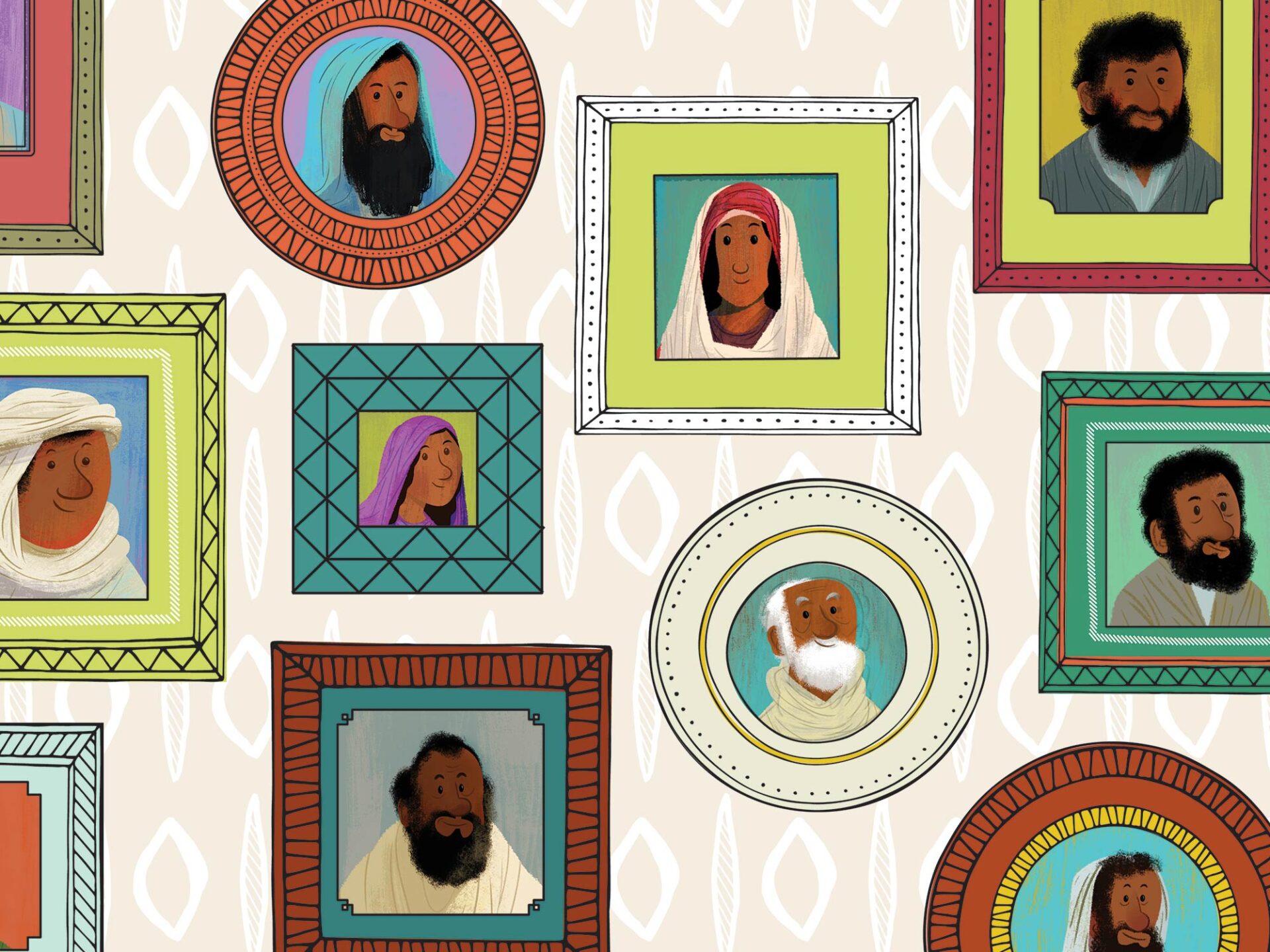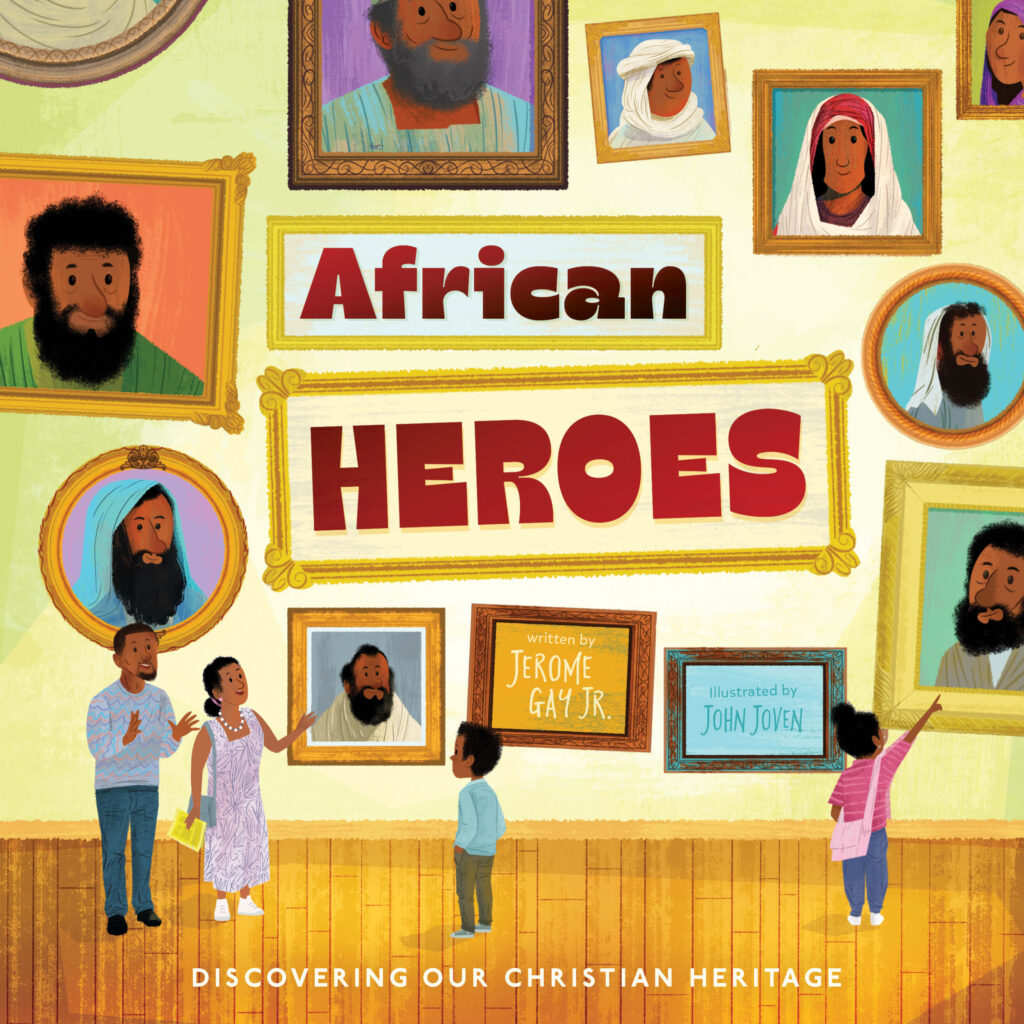When you hear the word “hero,” who comes to mind? It could be Black Panther with his intelligence, ingenuity, strength, and leadership. Or Batman with his gadgets, Harriet Tubman with her courage, strategy, and love, or perhaps you may think about a relative like your mom or dad. Whatever the case, heroes have a way of impacting and influencing us in so many ways. But what if there were heroes you knew about, but crucial aspects of their story were omitted or worse revised?
For example, in 1961, mathematician Katherine Goble worked as a human computer. This phenomenal woman was a math wizard, and her intelligence was off the charts. She worked in a division separated by race and gender at West Area Computers of the Langley Research Center in Hampton, Virginia, alongside her colleagues, aspiring engineer Mary Jackson and their unofficial acting-supervisor Dorothy Vaughan.
This inspiring story was captured in the 2016 movie Hidden Figures. I remember watching this movie with my daughter, thankful to share with her this amazing and true story. But something else struck me as we left the movie theater. I wondered why I had never heard about them. I realize that not every aspect of history can be taught in school, but what an amazing story to remain hidden for so long. Christianity has its own “hidden figures” or hidden heroes that have been ignored or even represented as white men and women removed from their African heritage. Dr. Tony Evans points out this revisionist history in his book Oneness Embraced:
For centuries church fathers, anointed men of erudition, have sculpted the development of the Christian faith and have postulated ways to articulate the deep and intricate truths of Christian theology. A great disservice has been done to people of African descent in the failure of church historians to identify the African, Hamitic descent of many of the most noted church fathers. By looking at the strategic place black African people have played in the history and development of the Christian faith, both through their piety and intellectual prowess exercised for the glory of God, we authenticate God’s continual activity in the black race. We also encourage Christians of African descent to see ourselves as the continuation of a divine legacy. Our opulent heritage should serve to motivate us to continue dispensing God’s truth by means of the talents He has deposited in our community; not only for the benefit of the black community in particular but also for the Christian community at large.
Discovering Our Christian Heritage in Africa
The rich history of Christianity in Africa is something that should be talked about, written about, and celebrated. We need to introduce our children to the black heroes of our faith and to highlight the rich contribution of African theologians and martyrs in antiquity. I want children of color to see themselves in Christian history, so that parents of all races teach their children church history, and present the Christian faith in its multifaceted, multi-generational, and multi-racial beauty, and celebrate the Gospel. The goal isn’t to blackwash Christian history. But it’s vital to color-correct the way church history has been presented, so that our children (and of course us as well), can accurately see that all kinds of people of different colors and ethnic groups have been used by God in building his church.
There are two great kingdoms that are often ignored in Christian history: Ethiopia and Nubia. In those kingdoms, there were African Christian churches that spread the gospel and were committed to orthodoxy and discipleship centuries before the Christian faith entered England, Ireland, Sweden, or Russia. In fact, Ethiopia was a Christian nation three centuries after Christ during the 300s AD. Around the year 100 AD, Ethiopia was a major Christian nation that held to biblical tradition and established monasteries in honor of Christ. Ethiopia holds a significant place in Christian history. Christianity became the religion of Ethiopia around the same time that Christianity became the state religion of Rome. It accepted the same doctrines of North Africa while formally recognizing the Councils of Nicea (325 A.), Constantinople (381 AD), and Ephesus (431 AD).
Ethiopia was the first Sub-Saharan nation to accept Christianity. By the fourth century, Ethiopian believers were making pilgrimages to the holy city of Jerusalem and by the sixth century, Ethiopia established military protectors of Christian communities in surrounding areas.[1] Ethiopian Christians had exuberant worship and incorporated African cultural expressions of dance and drums in worship of Yahweh (God). When Islam began to spread, it was Ethiopia that fought for the rights of oppressed Christians in foreign lands.
Remembering this rich history together as believers from all different ethnic backgrounds honors these hidden heroes, but more importantly, honors our Lord Jesus who saves people from every tribe and nation and one day will gather all of us to worship together around his throne in heaven. We can prepare for that great day now by learning about those we will be worshipping with!
[1] David Daniel, Christian Witness of African People through the Ages in Africa, Europe and the Americas, 60






